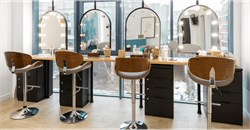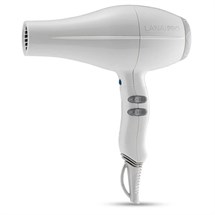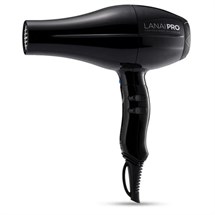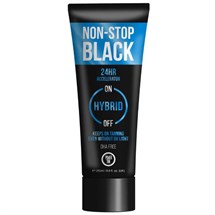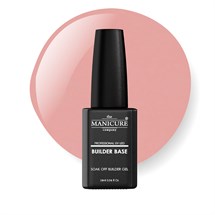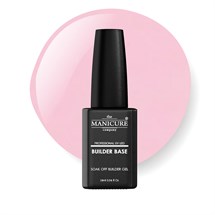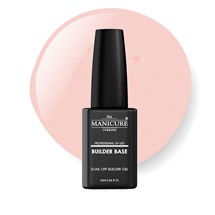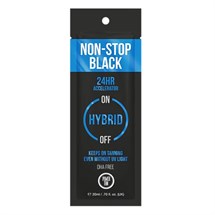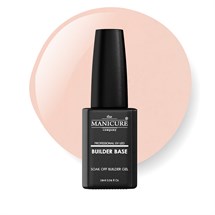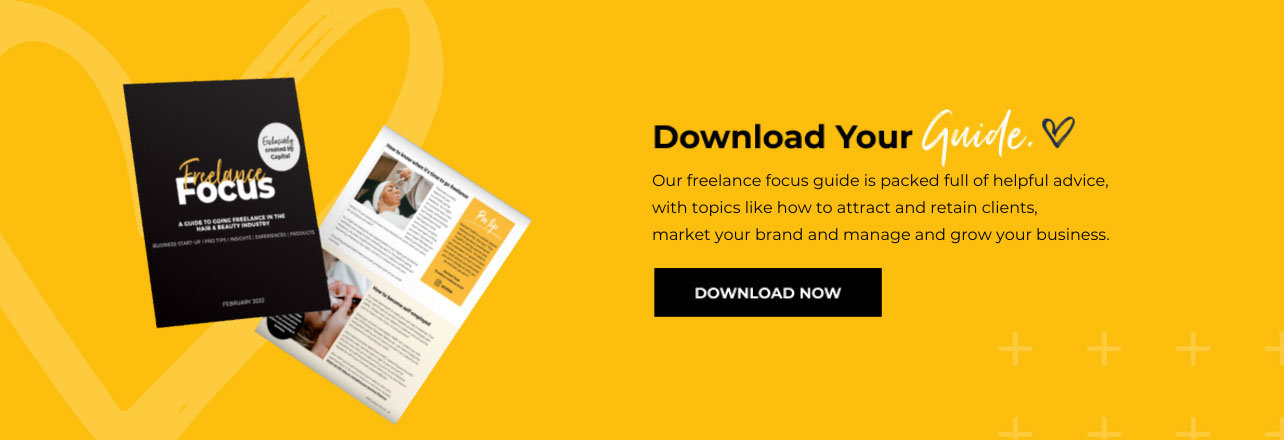Menu

Setting up your business
There are so many reasons for you to consider going freelance but what does it really entail when it comes to the paperwork side of things? Here we share our top tips to get you started.
Where do I begin?
So, you have made the leap and decided to go at it alone. But where do you start?
It is recommended you seek independent professional advice from an accountant or tax consultant before commencing in business. At a minimum you will need the following:
Set yourself up as a Sole Trader: To do this you must register for income tax with the Revenue Commissioners on revenue.ie Revenue’s online service.
Once your account is processed, Revenue will contact you with your ‘Notice of Registration’ confirming that you are registered for income tax (and if applicable VAT), and your Tax Registration Number (TRN) – you need to keep these somewhere safe as you will need to provide them as a reference for any payments, enquiries and tax returns you make – so don’t lose them.
Set up a Business name: If you would like to use a business name, you must also register your chosen name with Companies Registration Office. Simply complete the RBN1 (pdf) or online at core.cro.ie/. Once competed you will receive a Certificate of Business Name certificate which you must display at your place of Business (if mobile keep it in your kit and / or display it on your website). You will also need this if setting up a business bank account.
You may also have to register for VAT if your income in a continuous 12-month period exceeds or is likely to exceed €37,500 (for Services) or €75,000 (for Goods). If you register for VAT, every invoice you send out, must have VAT added to the total and it is your responsibility to do a VAT return to the Revenue – usually every 2 months but can be less frequent depending on how high your sales are.
Top Tip: It’s important to understand that the VAT portion on your invoice isn’t your money! So, when the payments come into your account, move the VAT portion into a separate account to ensure you don’t spend it.
As a sole trader, you will have to pay Income Tax, Universal Social Charge (USC) and Pay Related Social insurance (PRSI) on your net profits.
Key Accounting Dates:
Keeping organised when it comes to your business finances is so important, so ensure you keep a note of all the key dates in the in the financial year ahead. This way you won’t lose track of what you’re meant to be paying and when.
The Irish Tax Year runs from January 1st – December 31st. You can have any accounting year end but you are taxed on the period ending in that tax year. For example, 12 months to September 2022 will be in the tax year 2022. It is often simper to run an accounting period in line with the tax year.
Income Tax is to be paid on or before 31st October of the following year. There is also an advance tax payment due each year (Preliminary tax) on the same date and your agent can advise you how this operates.
VAT Returns need to be paid and filed by the 19th day following the VAT period. For example, if the VAT period is Jan/Feb, the return is due by the 19th March etc.
Set up a business bank account
Although managing personal & business finances from the same bank account may seem convenient in the short-term it can cause a lot of headaches long-term, especially when it comes to managing your business accounting. So, ensure you set up a new account for your business, as this will make it far easier for you to track and manage all incomings & outgoings and pay yourself a salary.
As a self-employed hairdresser or beauty therapist, it’s really important that you put money aside as you earn to cover your Income Tax, PRSI, USC, and VAT (if registered) payments rather than having to cover a bill quarterly or at the end of the year with no savings. So, we would advise adding a savings account to your business account to help remove the temptation to dip into it over the tax year.
The amount you should put aside varies depending on your income and expenditure but setting aside between 25-30% of your income should be enough to your Tax payments.
Expenses
Being self-employed, means you are able to able claim your expenses, so be sure to hang on to all of your receipts for your account/tax consultant or for you to scan into your chosen accounting app. You can claim back on things like:
· Hair and Beauty products
· Uniform
· Travel expenses
· Training
· Marketing and advertising
· Insurance
· Mobile phone and landline - business use
· Fuel and vehicle running costs
· Accountant fees
· Office equipment
If you’re registered for VAT you can also claim back VAT on expenses purchased for your business. Your accountant/tax consultant will be able to advise on what items you can claim back on. The VAT amount on your purchases will be deducted from the VAT on your sales, which is what you will need to pay to Revenue after you have submitted your VAT return.
That’s the basics to actually setting up a business, but you’ll have plenty of other things to consider, such as:
·Will you be freelance and mobile or freelance renting a salon chair/space?
·How will you set up your home salon?
·How should you price your services?
·Which manufacturer is the right one for you?
·How confident are you when it comes to using Social Media as your key marketing tool?
·How often will you train and upskill?
We cover all of the above and more in our NEW Guide to Going Freelance, which you can download here, or you can simply click on the links above to view individual blogs on each topic.
Related Posts
How to Manage Your Stress for Stress Awareness Month (and Beyond)
Working in the hair and beauty industry is one of the most rewarding careers out there. From transforming clients looks to building strong relationships, it can be incredibly fulfilling. But with that career satisfaction often comes periods of high stress.
How to Raise Beauty Prices Without Losing Clients
Discover why increasing your prices is essential and how to approach it without losing the trust of your clients.
Helpful apps and online services to stay organised
While starting your own business can feel like an endless list of tasks there is so much you can do via your phone and a variety of apps.
The power of social media
When it comes to being a hair or beauty pro – freelance or salon-based – social media offers your clients a window into your creations, how you work and how popular you are.
How to set up your at-home salon
There are various ways you can go freelance; while some hair and beauty pros prefer to rent a chair or space in an existing salon, others love the freedom and flexibility of creating their own at-home workspace.
How to get and keep clients as a freelancer
Starting your own business can definitely be daunting, but once you’ve got your clientele sorted, you’re halfway there! Here we break down some useful tips to getting and retaining your clients.
How to price your services as a freelancer
Deciding on your costs can be one of those super difficult decisions that you’d rather not deal with. However, it is an important step, so make sure you do your research. Here are some tips to help make the process that little bit less painful.
Working out your finances as a freelancer
More and more people in the hair and beauty industry are going freelance and one of the keys to sustainable success is knowing what’s happening with and how to manage your finances. Here we break down our top tips to get your started.
New & Trending
NEW
Delivery
Collection
Please login to your account to check stock in your local store.
NEW
NEW
NEW
NEW
NEW
NEW
NEW
Delivery
Collection
Please login to your account to check stock in your local store.
NEW
Delivery
Collection
Please login to your account to check stock in your local store.
NEW
Freelance Focus
Freelance Focus, is a one stop resource for anyone working as a freelancer or thinking of going freelance in the hair & beauty industry, which includes a FREE downloadable guide filled with advice, useful insights, experiences and tips (from experienced freelancers) to help you understand the steps needed to make the right choices for you.
Back to Posts
Tags
- 2024
- acne
- apps
- autumn
- awards
- balayage
- beauty
- blonde
- bridal
- brows
- business
- capital & me
- career
- celebrities
- christmas
- chrome
- clean
- colour
- covid-19
- curls
- facial
- fashion
- festival
- finance
- freelance
- gel
- gellux
- get the look
- glam
- hair
- hairdressing
- halloween
- how to
- hygiene
- indola
- inspiration
- interview
- keratin
- keune
- l’oréal
- lashes
- lockdown
- l'oreal
- loyalty
- macadamia
- make up
- manicure
- marketing
- mens
- mental health
- mobile
- nail art
- nail inspiration
- nail trends
- nails
- new years
- nxt
- olaplex
- opi
- party
- pulp riot
- redken
- retail
- salon
- salon management
- salon system
- schwarzkopf
- self-employed
- shampoo
- skills
- skincare
- social media
- spa
- spring
- step by step
- summer
- tanning
- the met gala
- tigi
- tiktok
- tips & advice
- toning
- training
- trends
- trevor sorbie
- tutorial
- updo
- valentines
- volume
- wahl
- waxing
- wella
- wellbeing
- winter
Latest Posts
- We Are Schwarzkopf - For Every You
- How to Manage Your Stress for Stress Awareness Month (and Beyond)
- Bridal Hair & Beauty Secrets: Expert Tips from the Duo Behind ‘Bridezilla’
- Butter Yellow Is the Colour of the Season
- Vitamino Color Spectrum - Lock In Your Day 1 Colour Vibrancy For Up To 100 Days*
- Week in My Shoes: A Day in the Life of Craig Purves
- Embracing Grey: Expert Tips on Perfecting the Grey Hair Blend Trend
- How to Raise Beauty Prices Without Losing Clients
- Billie Eilish’s Jellyfish Haircut: The Trend Taking Over Salons
- Increase Your Profit - Adding Shinefinity Top Glaze to Every Look

